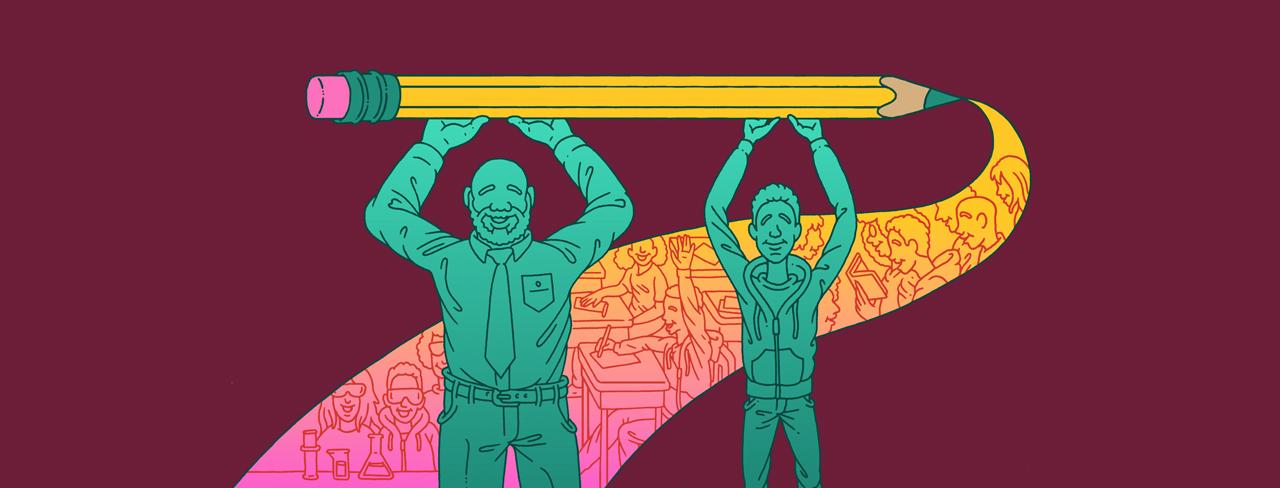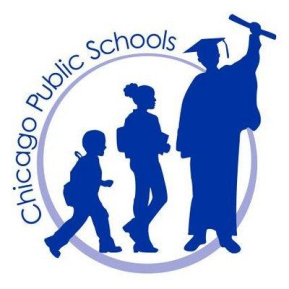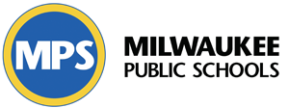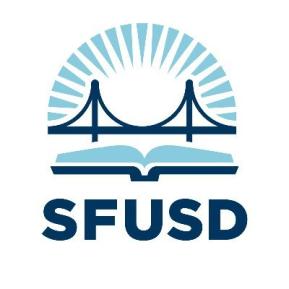Lifting the Bar
A Platform for Young People in the Most Difficult Circumstances
One of the most important predictors of success for any student is a strong, trusting relationship with a teacher. Yet there is a crisis of relationships in modern schools. One representative state-wide survey in California found that fewer than 1 in 3 secondary-school students had a caring relationship with an adult in school. This is especially true for students from racial-ethnic minority, low income, and marginalized communities. One reason is that young people in these populations are often vulnerable to being un-seen or mis-seen by adults. Their values and commitment to school can go unrecognized as a consequence of negative stereotypes.
There is a strong need to develop and codify high-impact practices that elevate youth voices to support and repair student-educator relationships at critical junctures, to show educators a student is “more than that”; to learn how schools and districts can implement these practices well; and to evaluate their effectiveness in improving school experiences and core outcomes for students and schools alike.
The Lifting the Bar project supports strong relationships for youth in difficult circumstances by providing a platform for students to introduce themselves to an educator of their choosing, in their own words, bypassing pre-existing stereotypes and misconceptions. This work began in 2014 in partnership between researchers at Stanford and UC-Berkeley and administrators in Oakland Unified School District to better support students making the transition from juvenile detention back to school.
Together, we developed a 45-minute structured online activity that results in a letter, one that is standardized and carefully developed in our design process but also personalized to include the student’s description of their own personal values and goals in school, as well as challenges they face that the teacher can help with. In an initial randomized controlled trial in Oakland, we found that this letter reduced recidivism rates among justice-involved youth by 40 percentage-points, from 69% to 29%. Moreover, it radically improved teachers’ understanding and supportiveness of students, and enhanced their commitment to helping students succeed.
The success of the initial trial (which was funded in part by a 2021 Stage 2 investment from Stanford Impact Labs) and enthusiasm from districts led us to adapt Lifting the Bar for other student groups at risk for being mis-seen or unseen, including:
- foster youth
- students caught with substance use in school
- English Language Learners
- students with refugee backgrounds.
An ongoing aspect of our team’s work is scaling up Lifting the Bar with school districts across the country that are seeking to better serve justice-involved youth (e.g., San Francisco Unified School District, Oakland Unified School District, Milwaukee Public Schools, Chicago Public Schools), while innovating to benefit a broader range of vulnerable student populations.
In partnership with school districts, county offices of education, and key stakeholders, we envision a transformative approach that fosters genuine connections between students and educators, ultimately creating environments of belonging where every student is seen, valued, and empowered to thrive.
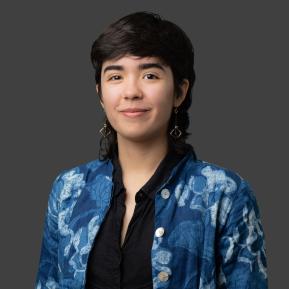
Senior Implementation Manager, University of Chicago Crime Lab, University of Chicago Education Lab

Senior Research Director, University of Chicago Crime Lab, University of Chicago Education Lab
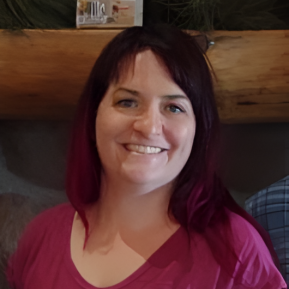
Re-Entry Coordinator, Milwaukee Public Schools
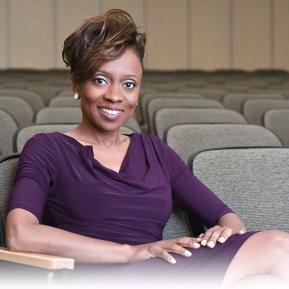
Professor, Public Policy, Psychology; Faculty Co-Director , SPARQ

PhD Student , Stanford School of Humanities and Sciences
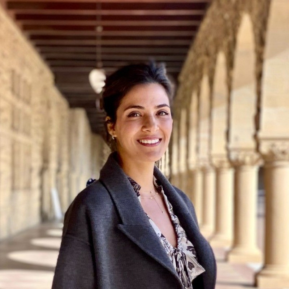
PhD Student , Stanford School of Humanities and Sciences

2025-2026 Postdoctoral Fellow
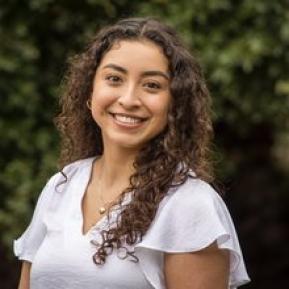
Research Coordinator, Lifting the Bar
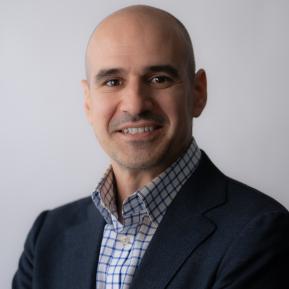
Juvenile Justice Manager, Chicago Public Schools

Associate Professor, Psychology, Brown University
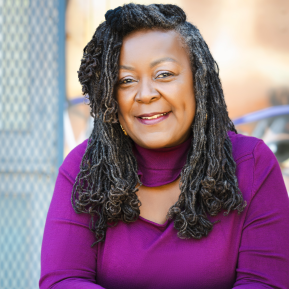
Program Coordinator, Juvenile Justice Center, Oakland Unified School District
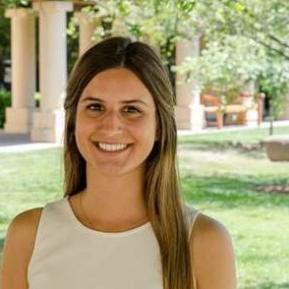
Project and Partnership Manager, Lifting the Bar
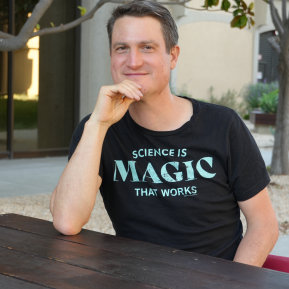
Faculty Director, Lifting the Bar; Professor, Psychology; 2023-2024 & 2024-2025 Investment Advisory Council
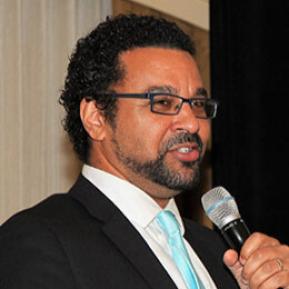
CEO, Forward Change Consulting
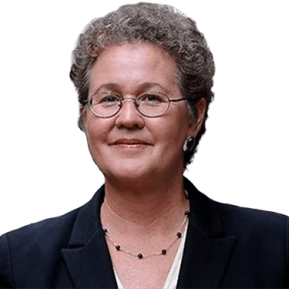
CEO, Learning Policy Institute
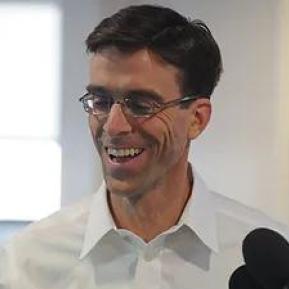
Executive Director, BreakFree Education
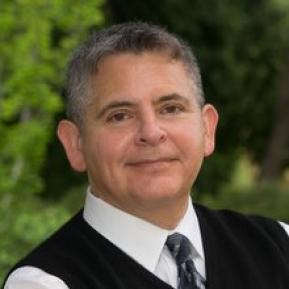
Deputy Director, Gardner Center
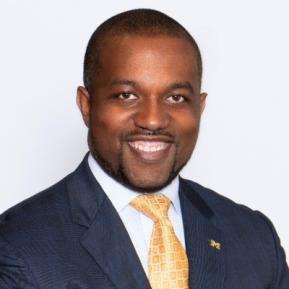
National Director, Becoming A Man Program, Youth Guidance

